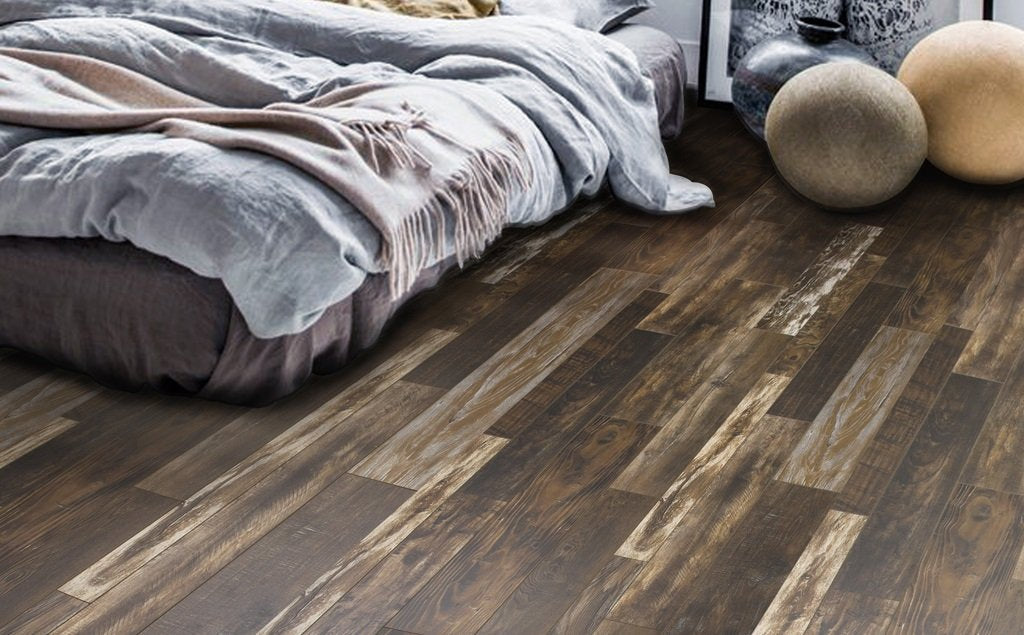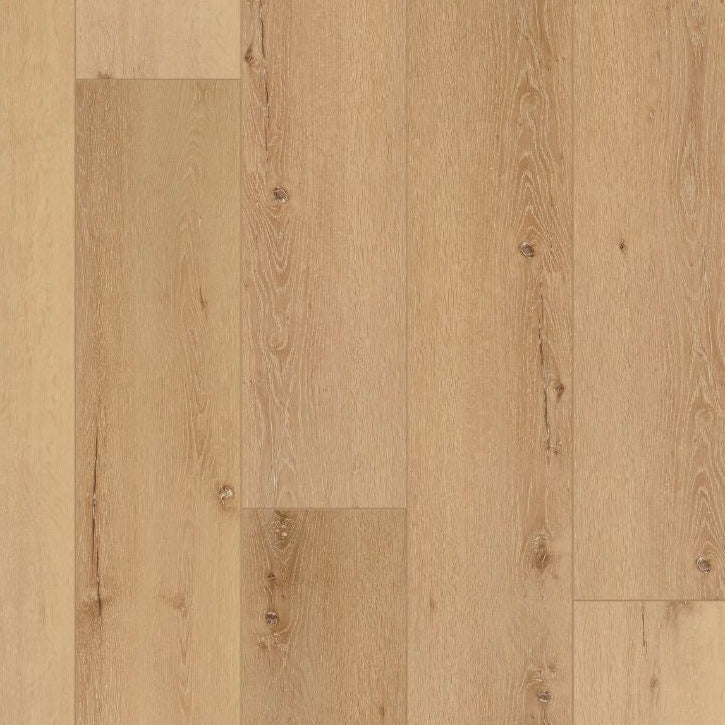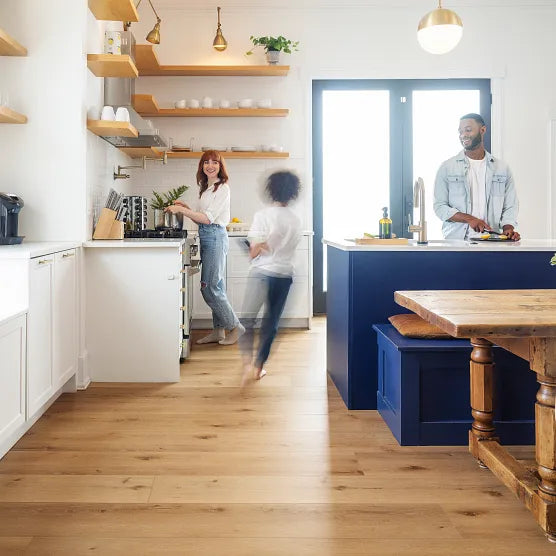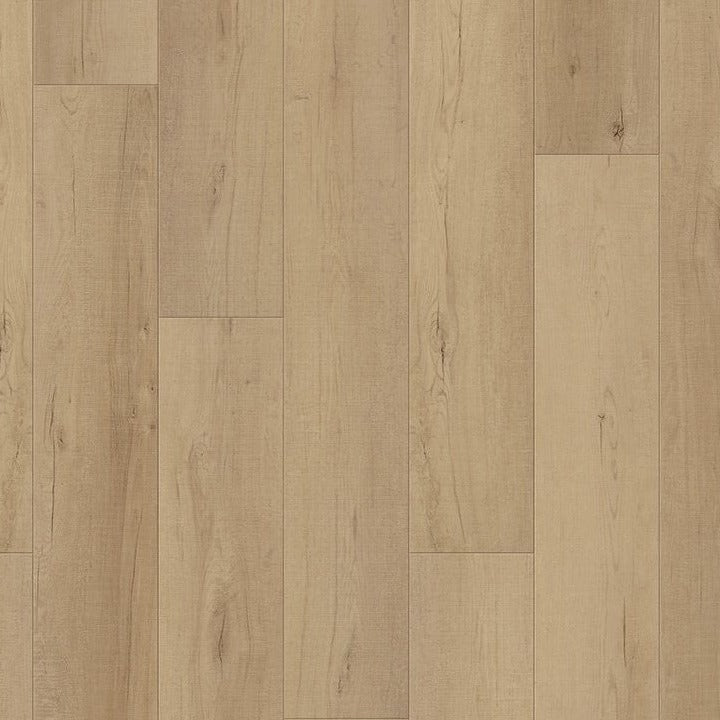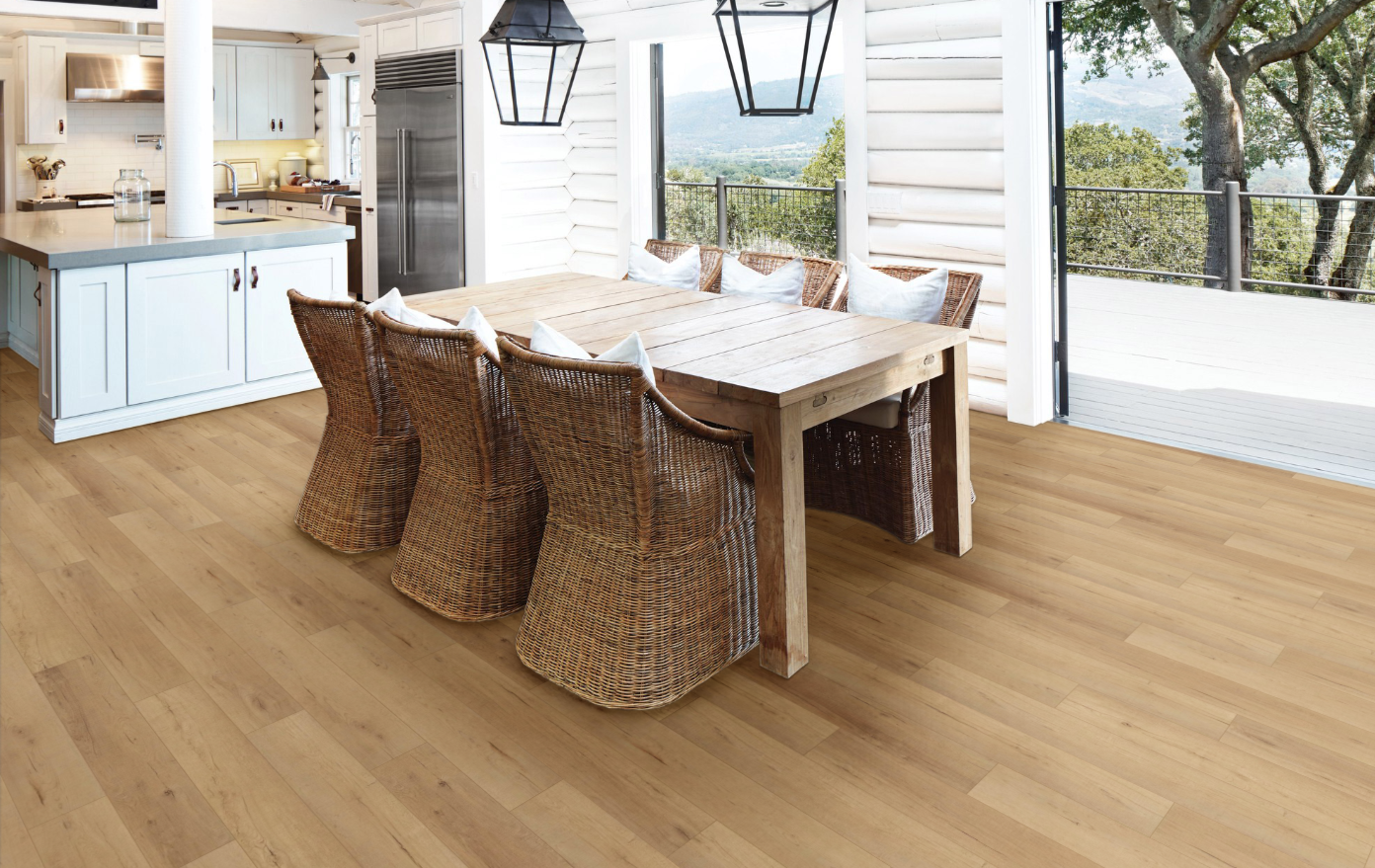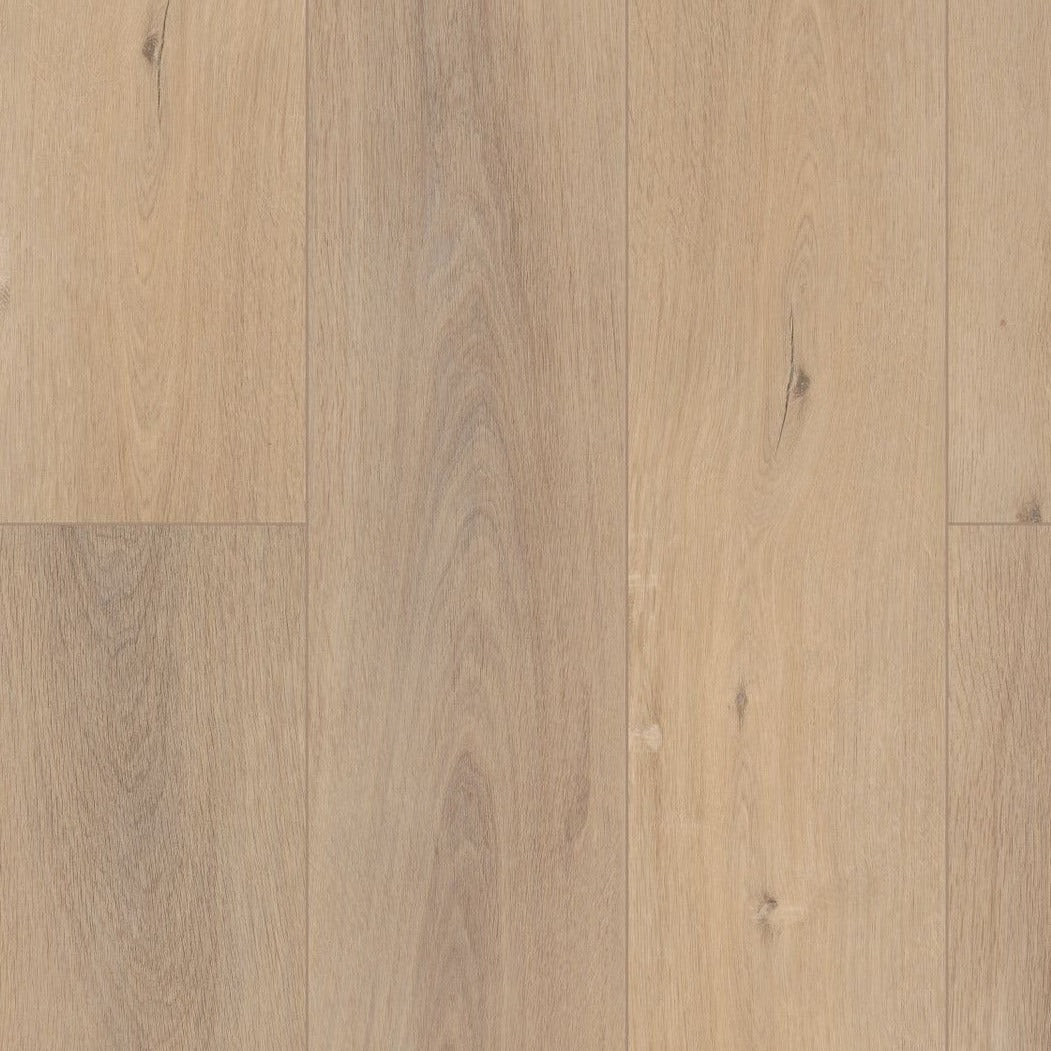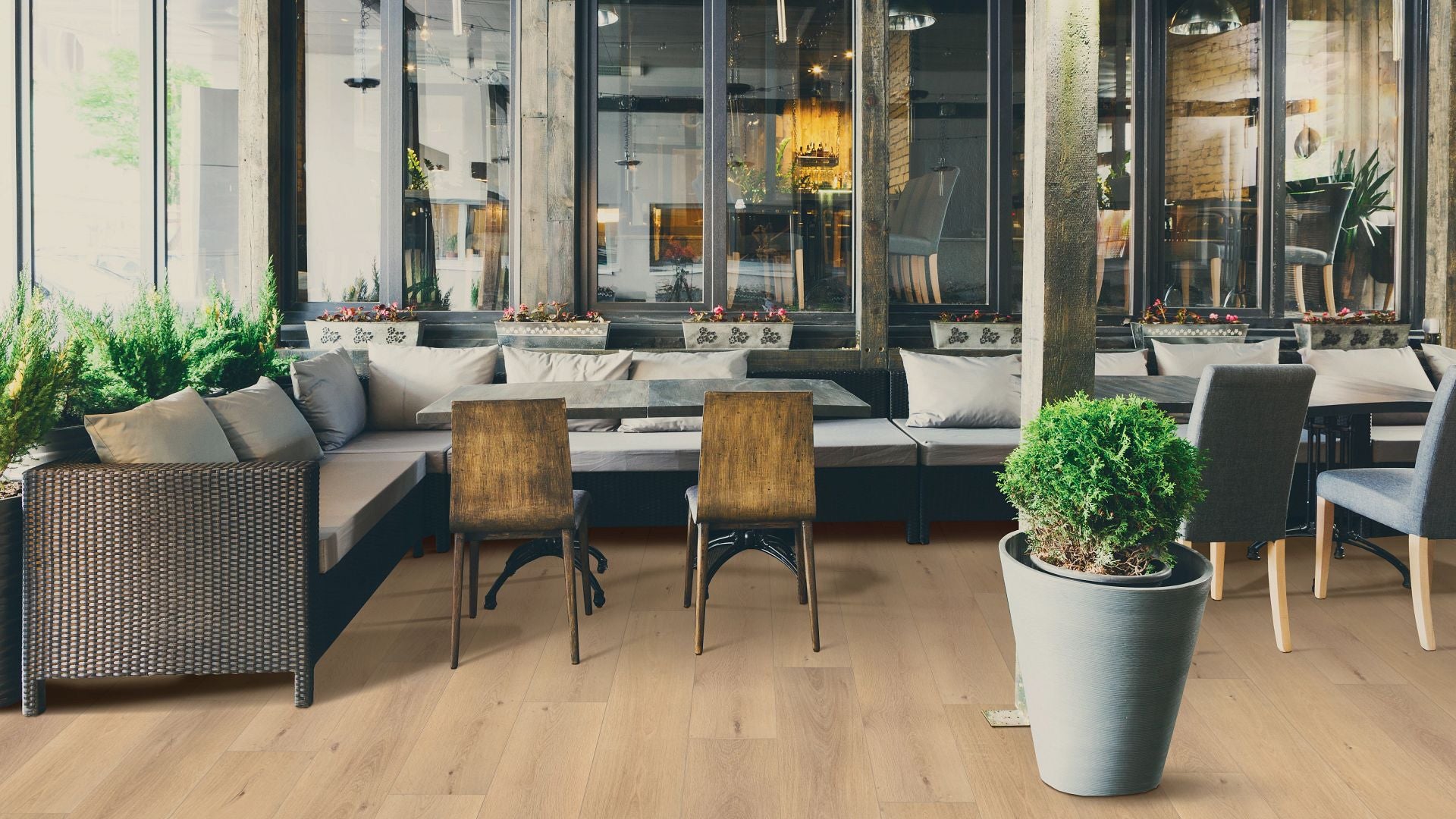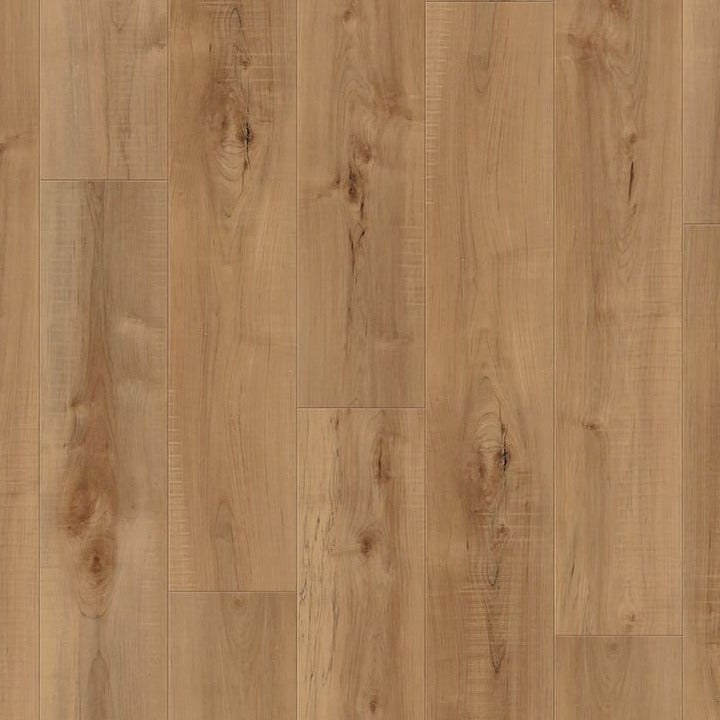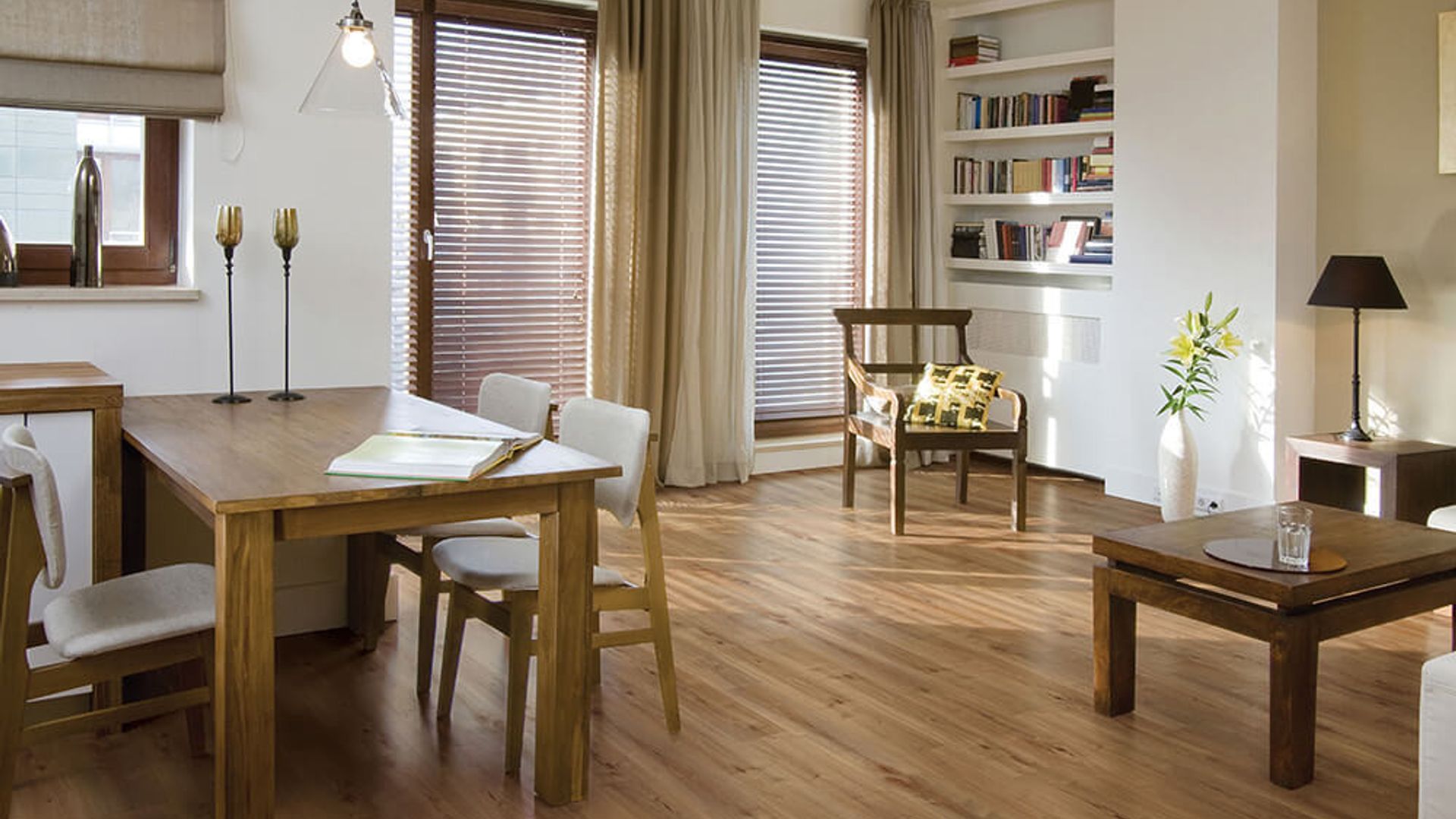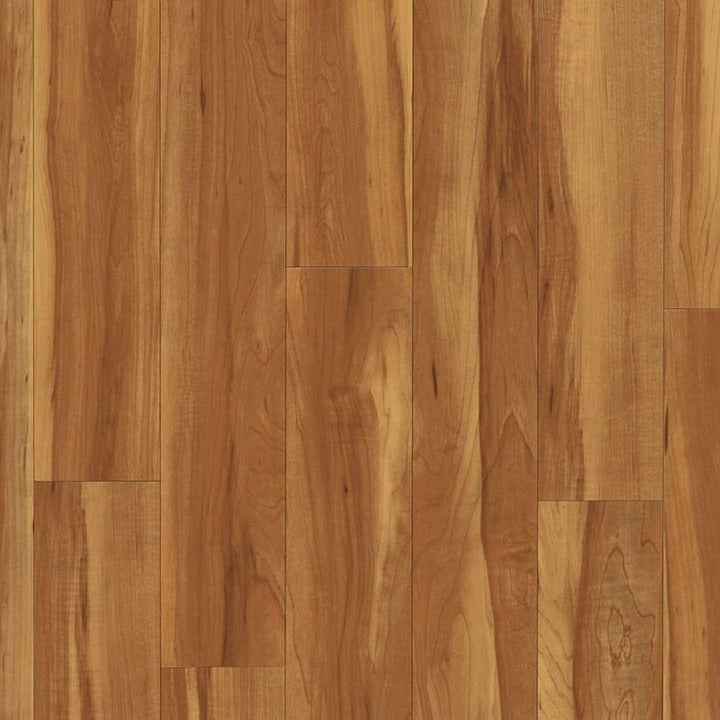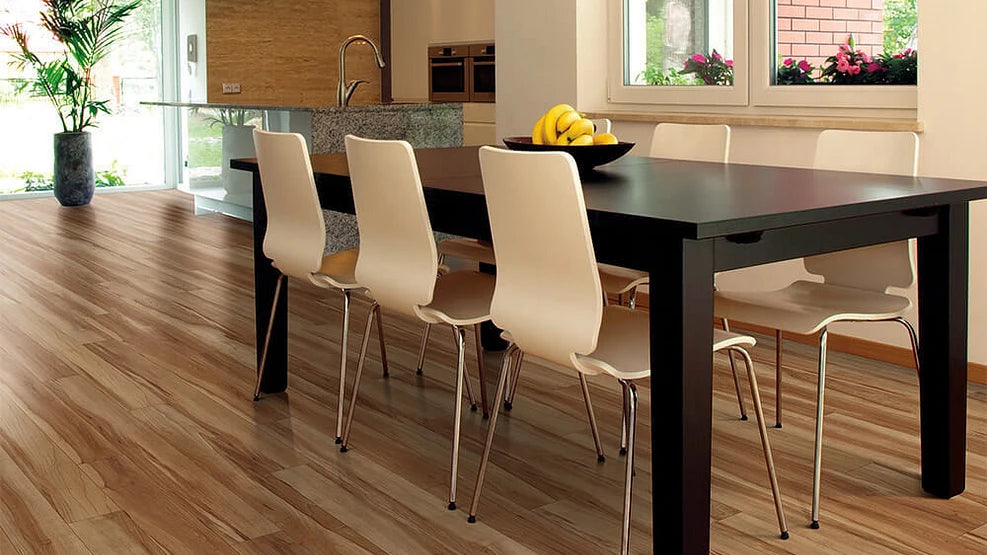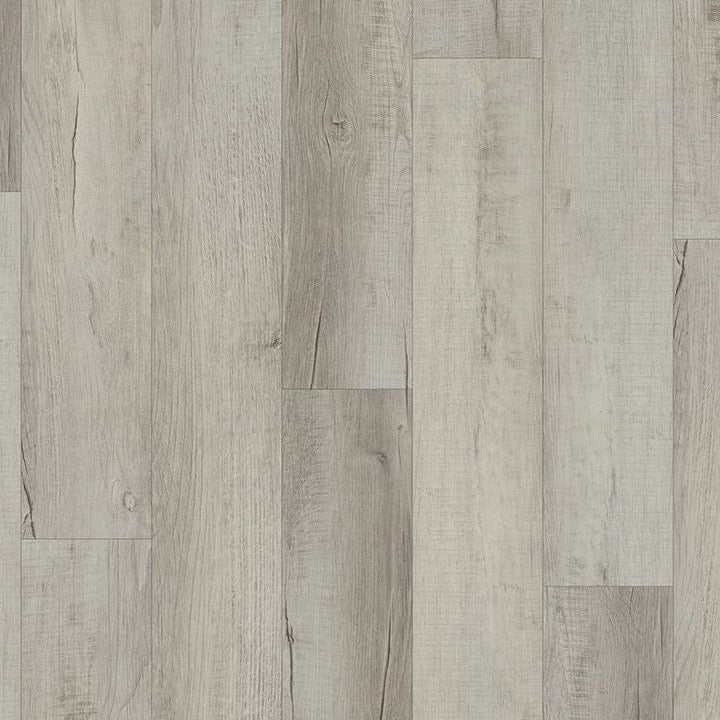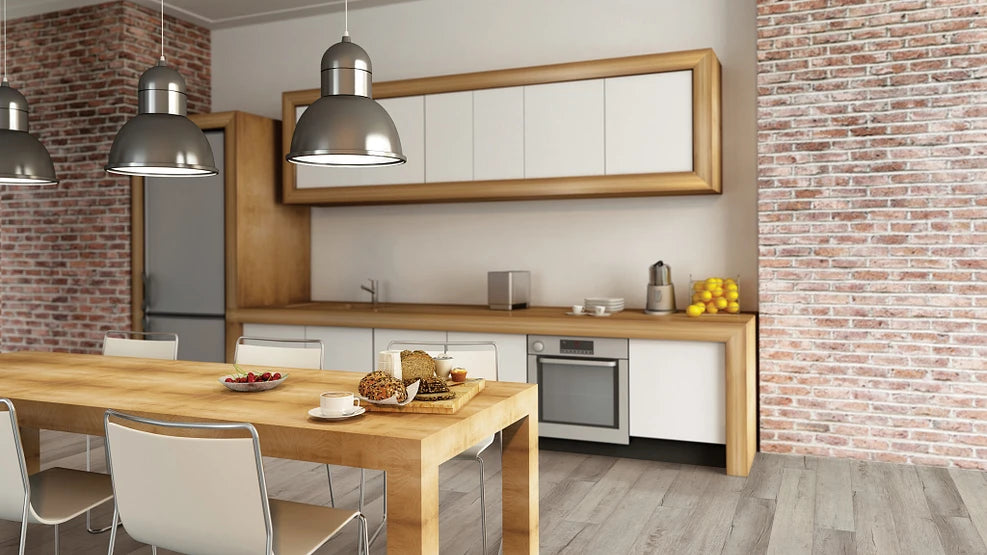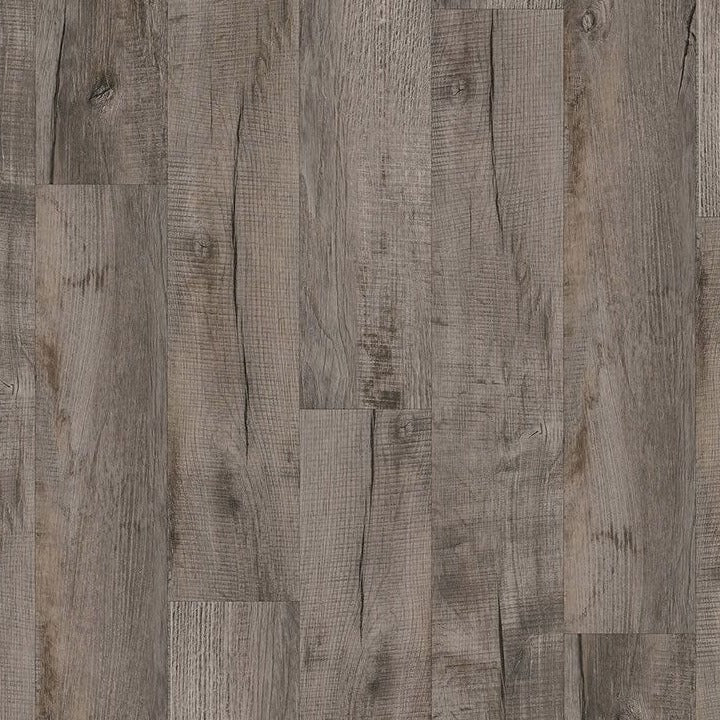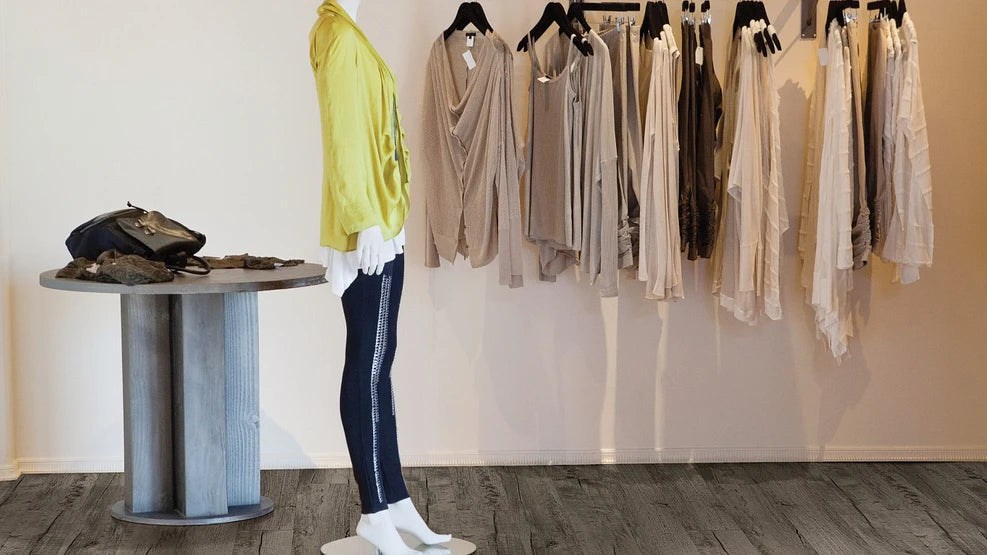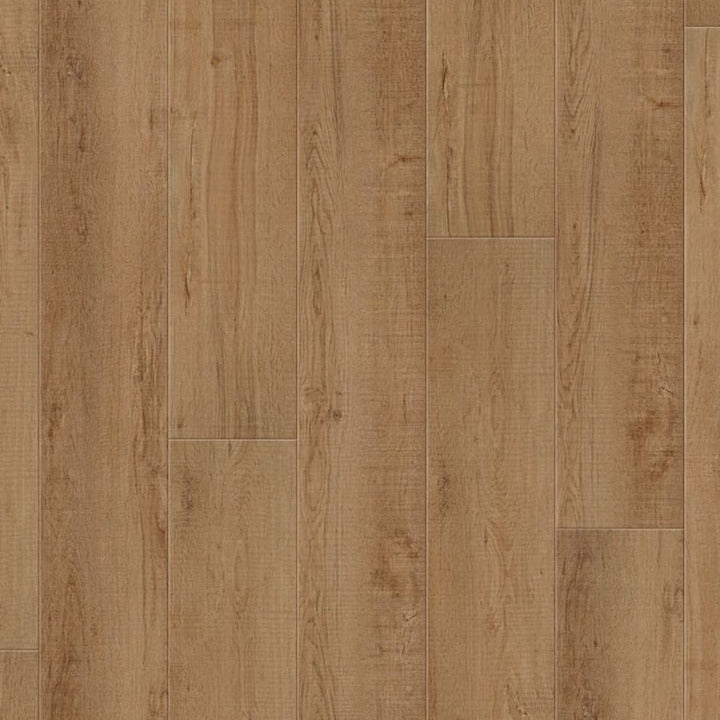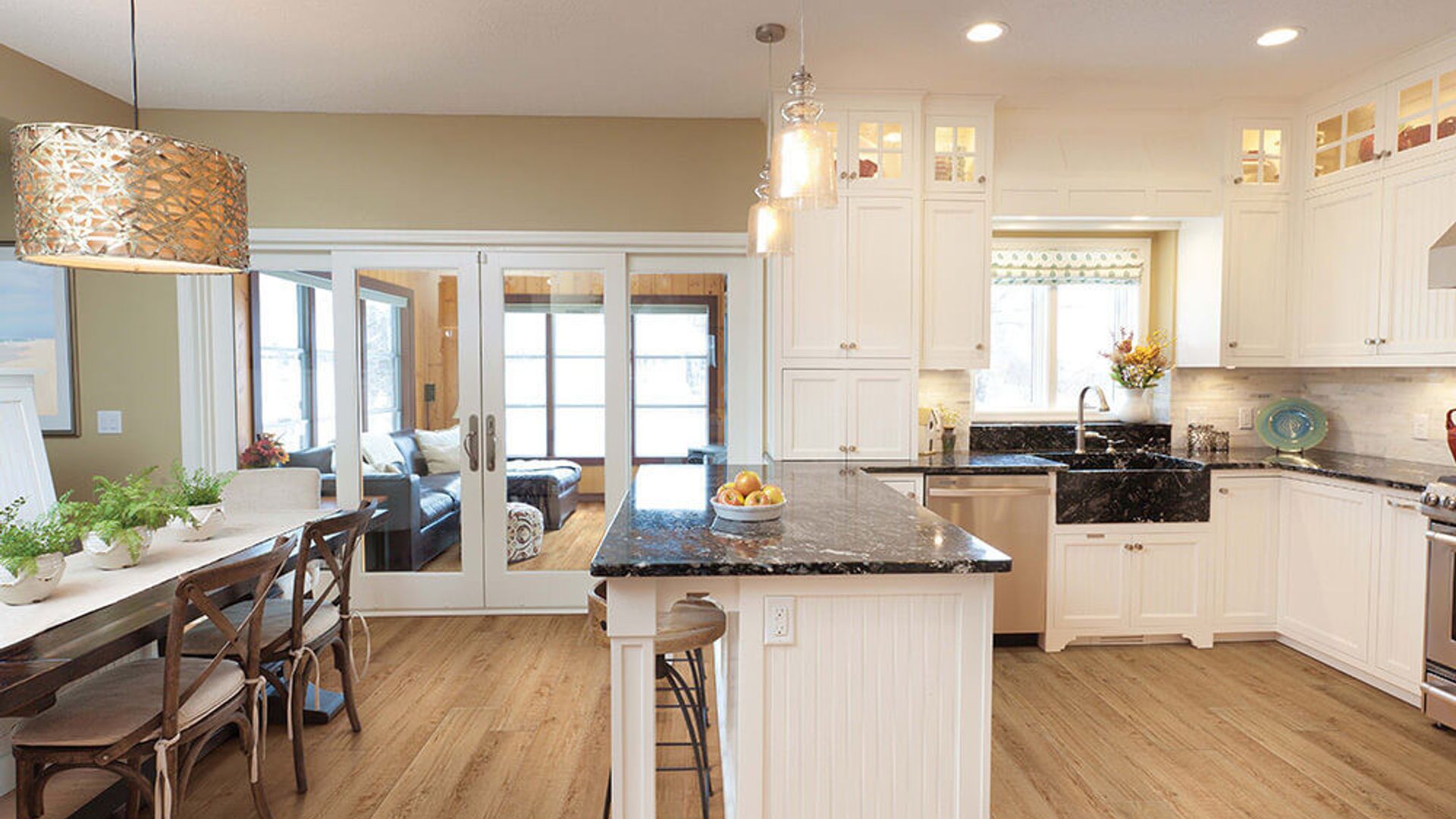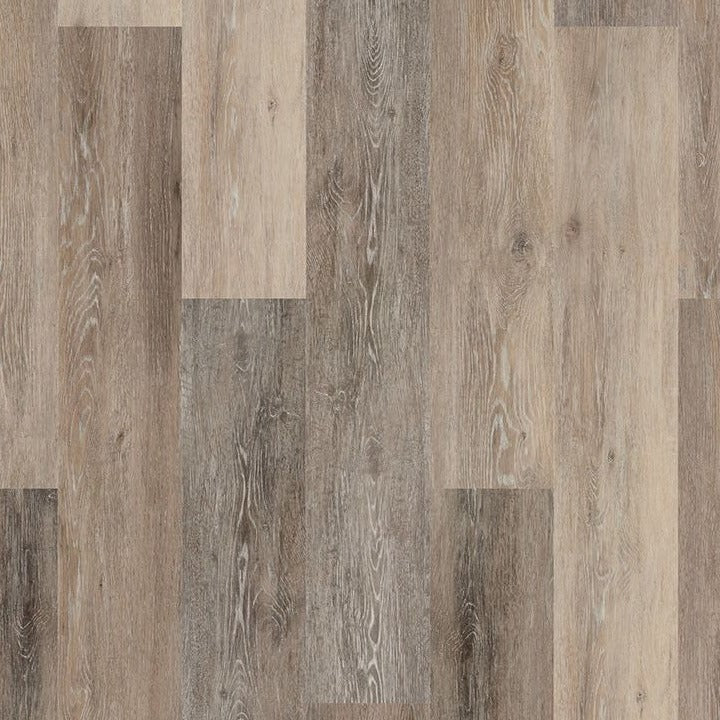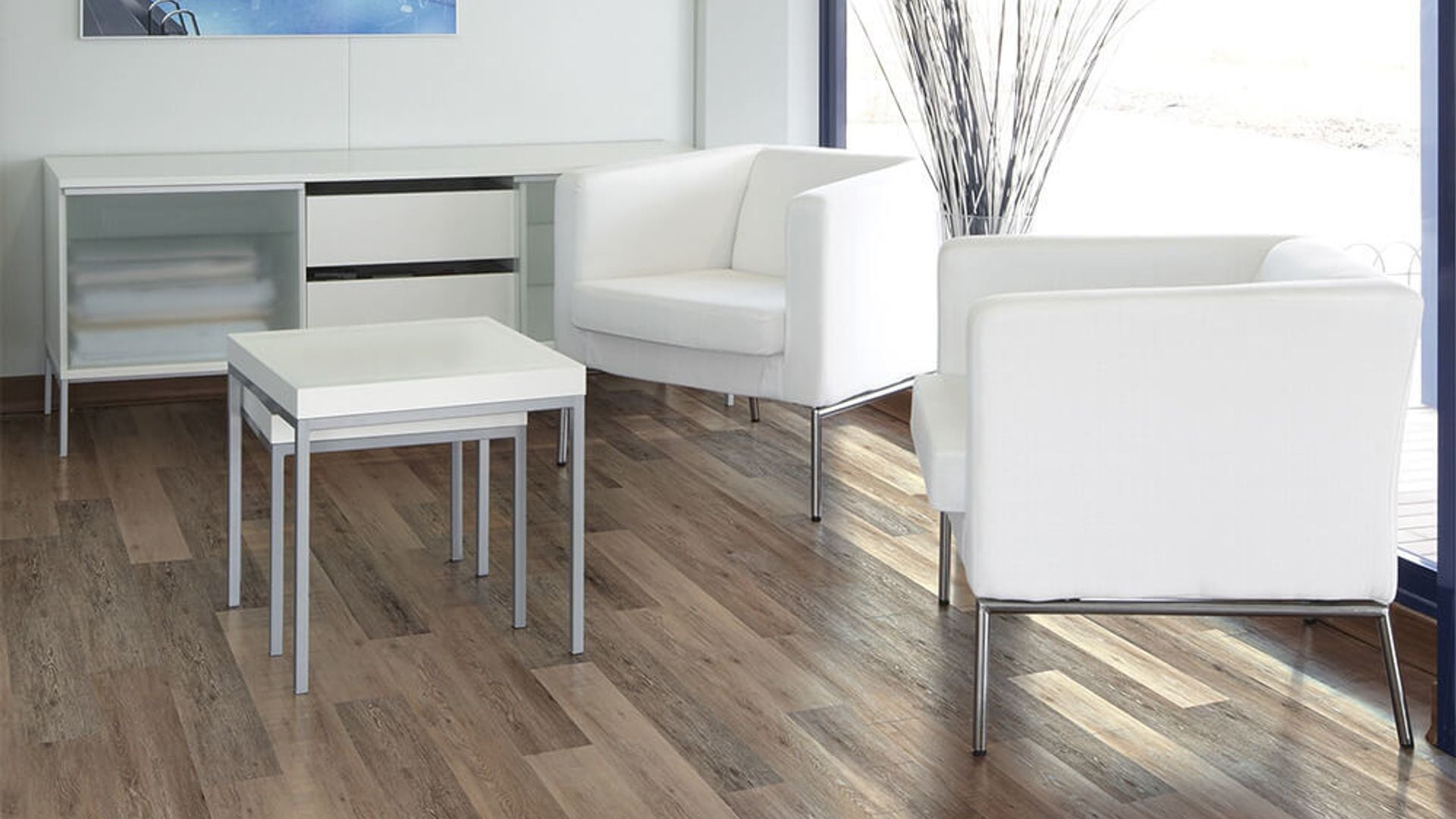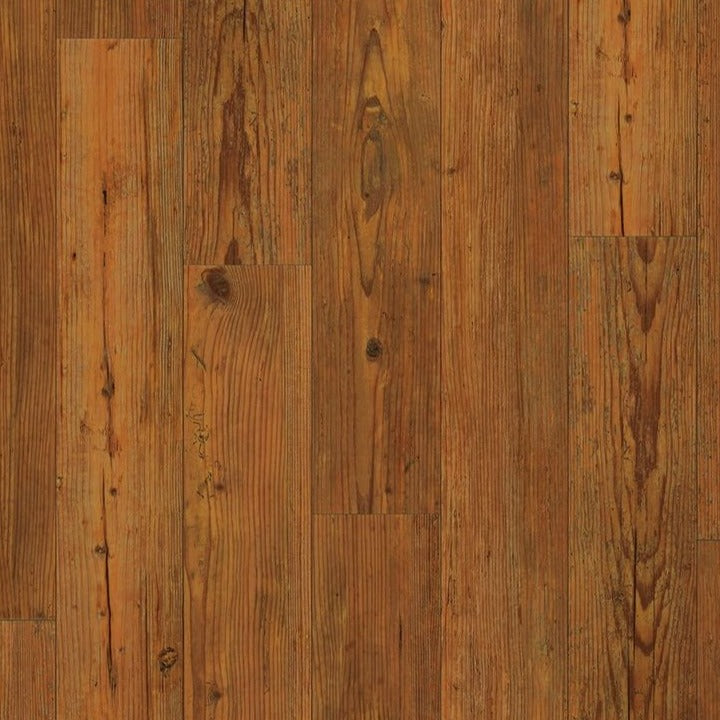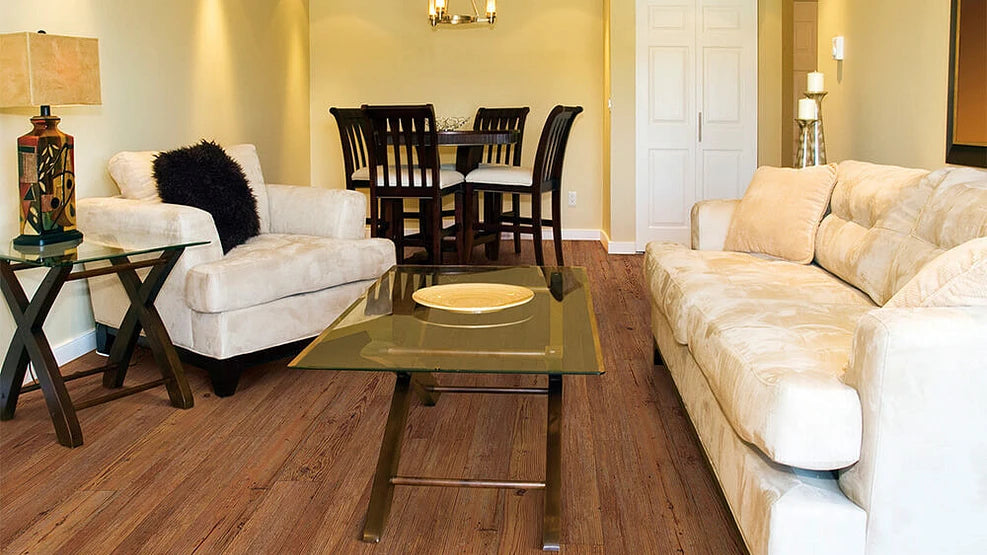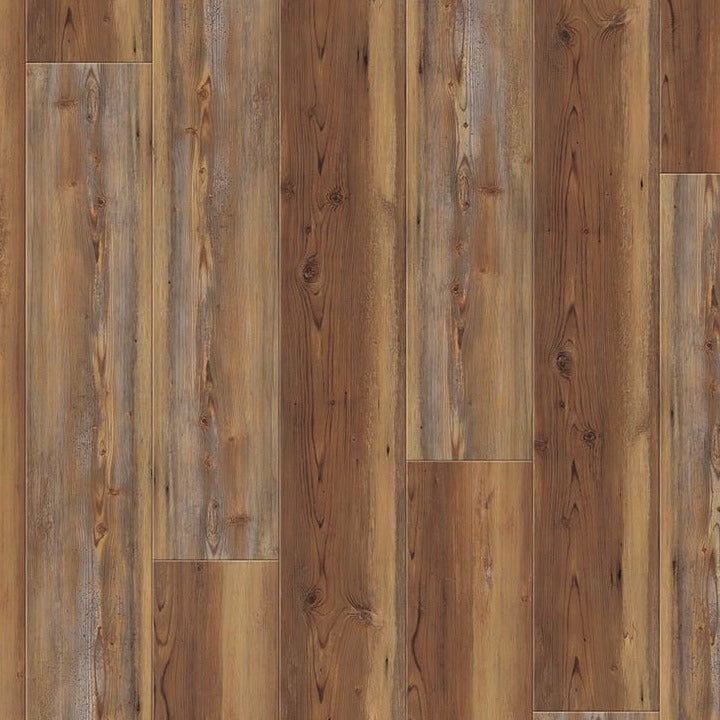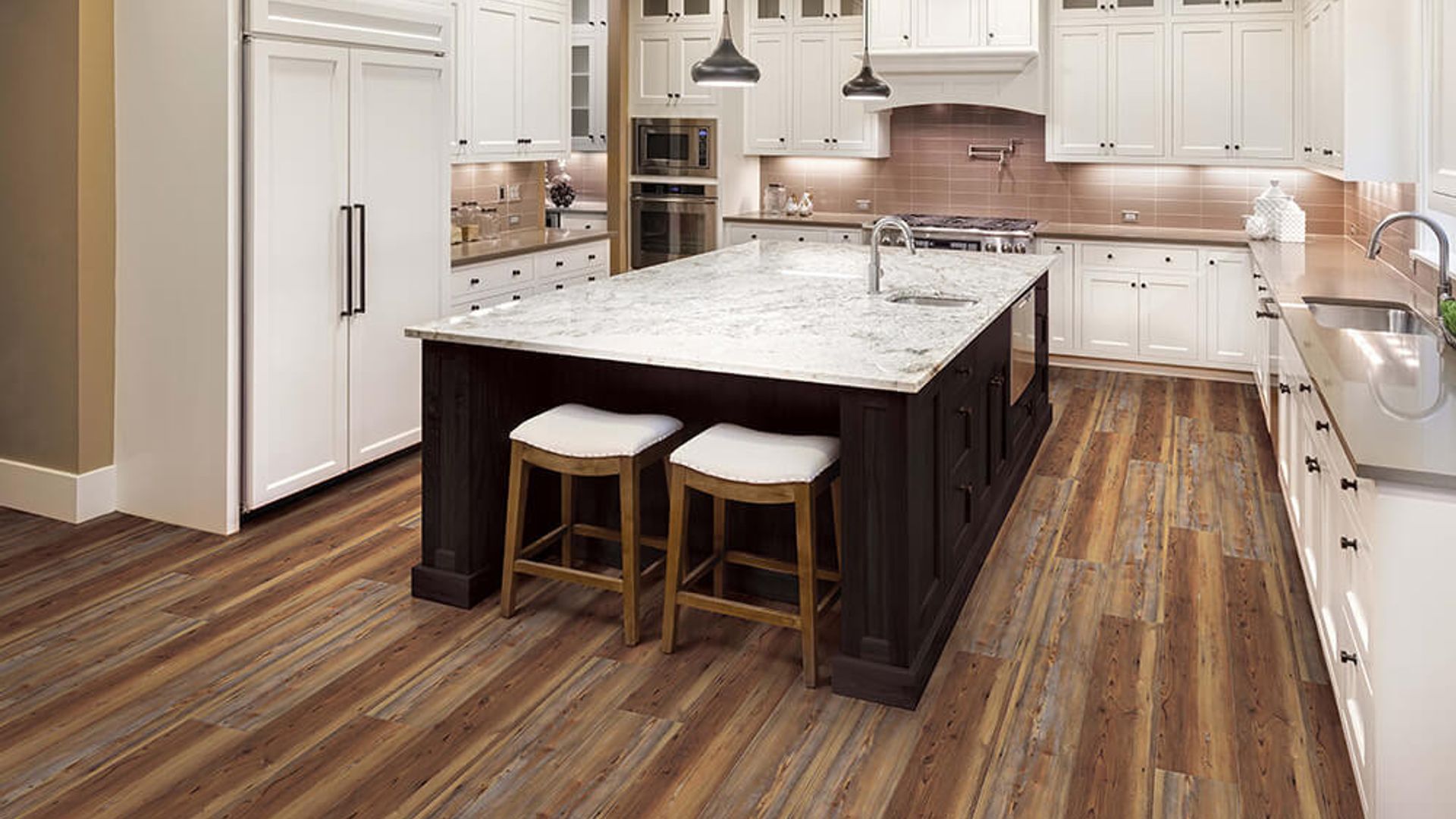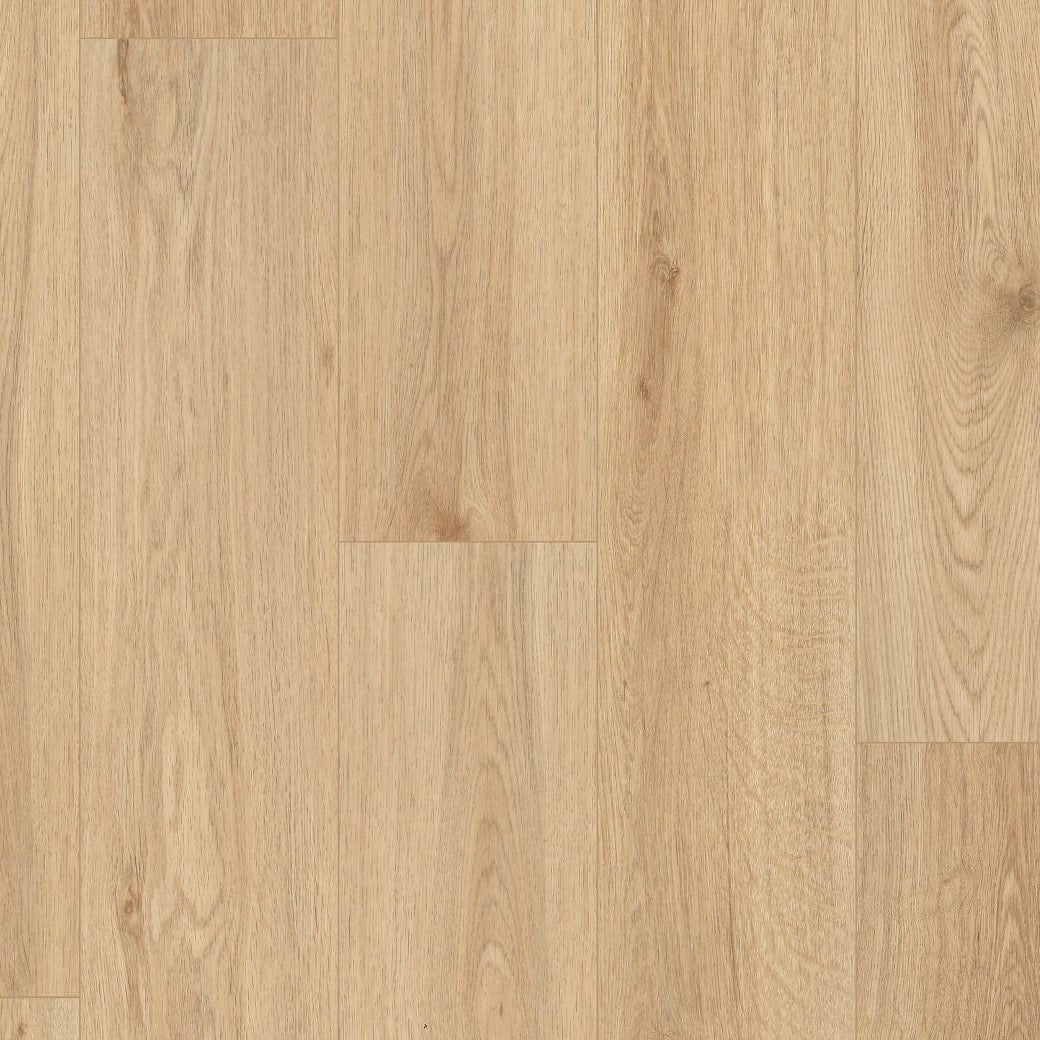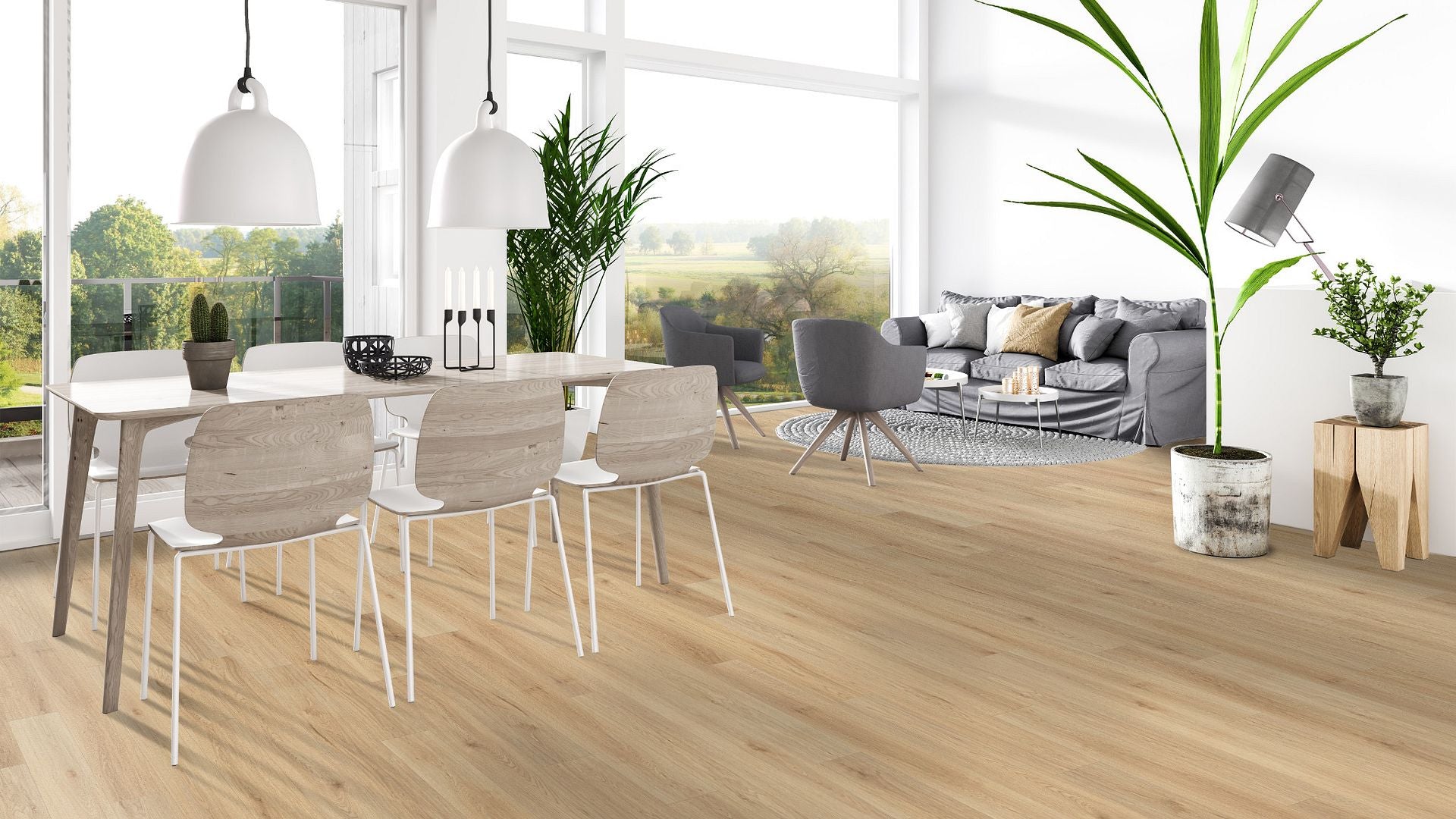Whether needing flooring for a home, business, place of industry, commercial, residential or industrial flooring usually has quality guarantees. However, this all depends on the brands chosen and what kind of features required to withstand foot traffic.
Most may be looking for durable commercial flooring, though we know many also wanting similar flooring in their homes. A heavy foot-traffic house can certainly wreak as much havoc on a floor as in a commercial business.
How does one differentiate between these three types of floors? Sometimes homeowners use commercial floors in their homes, or vice versa. Determining the best flooring for your application starts with understanding the differences between materials and their durability.
Which Type of Floor Do You Really Need?
Owning a business is going to require making a significant investment in a floor, even if it might seem inconsequential at first.
Keep in mind floor traffic could wear out a floor fast if initially deciding to go with something less durable. Perhaps a business has older flooring that came with the purchased building. These business owners might want to check how worn the floor is before opening doors to customers.
Once finding a quality brand in commercial flooring, buyers realize how many feature options there are. Brands like Armstrong are just the starting point in finding commercial floors lasting for years.
The same level of flooring importance should go into a home or industrial complex.
If one entertains frequently in their home, it’s going to mean considerable wear and tear on the floors, whether in the kitchen, living areas, or even a basement.
For industrial work sites (like warehouses), having a durable floor is essential to prevent slowing down work time for flooring replacements. Ideally, industrial managers want a floor holding up for at least a decade under the most strenuous conditions.
What kind of materials are these floors made of, though? They do have differences, though customers make smarter buying decisions based on floor traffic analysis.
Industrial Flooring is Often Made of Rubber
There’s no question flooring made of rubber is going to be extra durable. No matter how popular vinyl or linoleum is, rubber floors are equal, if not even better (depending on the brand).
No wonder so many industrial sites use this type of flooring to keep their floors durable for years. It’s not even out of the question to see a rubber industrial floor last a couple of decades.
Another advantage is it’s easy to maintain. Synthetic rubber floors are especially good because they don’t take on stains as much as natural rubber does. Cleaning is very simple, making any cleanup of a spill in an industrial center a breeze using a simple mop.
Many who manage industrial work places prefer these floors because they additionally help with sound control. Not only are rubber floors softer to walk on, they won’t throw sound throughout a work area if something heavy drops on them.
Installation is mostly easy as well, yet it depends on whether one purchases rubber tile with interlocking features. Gluedown methods are sometimes more preferred to keep the floor better protected.
Better yet, these rubber floors are very waterproof, no doubt an attractive quality for industrial sites. Spills and maybe even floods are sometimes unexpected situations occurring in these locations. Someone managing one of these facilities will have fewer headaches not having to worry about their floor being destroyed by a nasty spill or a (minor) flood.
Commercial Flooring Usually Means Vinyl, Linoleum, or Resilient
When looking for commercial flooring, it’s always common to find brands offering vinyl first and foremost. Linoleum is usually second, followed by more resilient flooring for high foot traffic areas.
The reason vinyl continues being so popular for commercial businesses is because it’s affordable and offers the look of real natural materials. Celebrated flooring brands like Armstrong, Burke, Flexco, and Kraus provide vinyl flooring with imprinted natural materials like hardwood or stone.
Most experts still can’t tell the difference between real materials and the faux vinyl versions. It makes a perfect choice in a business to add character for branding purposes.
Most of all, vinyl is durable and holds up well under general heavy usage. One drawback is it’s not the best if using a lot of heavy objects in a business. Rubber flooring is usually common in industrial settings to avoid creating punctures in the floor if something heavy falls.
Linoleum is another good choice for businesses, and homes. Numerous linoleum floor products are available and intended for residential or commercial usage. There’s a good reason: It’s not expensive, it’s environmentally friendly, heat-resistant, and easy to maintain.
While maybe some think linoleum is old-fashioned, commercial businesses are realizing all over again it’s a good durable choice. For businesses caring about the environment, it’s a smart investment because it’s made of natural materials.
In the realm of resilient flooring, buyers get much of the same advantages with one key feature: Better noise reduction in crowded business environments.
Resilient is made of stronger materials to keep up with businesses that have customers and employees walking the floors at all hours. Employees will especially love it because it’s softer to stand on during long shifts.
Linoleum is placed under the resilient category, as well as sheet vinyl, vinyl composite tile, bio-based tile, plus rubber tile and sheets.
Residential Floor is Thinner with Laminate and Hardwood As Options
A residential floor won’t receive nearly as much floor traffic as a business or industrial workplace. Then again, it all depends on what a person does in their home.
Sometimes people entertain in their homes much of the week, not including maybe having pets and children playing on their floors all the time. For these cases, maybe a commercial floor is the way to go.
In general, though, residential floors are made thinner with less wear layer since most homes don’t have high foot traffic like a business.
Common materials residential floors are made of include laminate and vinyl hardwood. With lamination, a buyer gets many of the same features found in vinyl. Both are inexpensive, durable, easy to clean and maintain, plus mostly simple to install.
One thing about laminate that’s a little different is one can install it over more subfloors. If needing this type of floor over a concrete basement floor (or even over existing vinyl), installation works well.
Any buyer would do well to turn to laminate if finding out vinyl can’t be properly installed over a subfloor. As with vinyl options, the imitation hardwood in these floors offers an outstanding aesthetic quality to enhance any home’s appearance.
Method of Installation for Each Floor
For the most, installation is simple for commercial, residential, and industrial floors. Many tiles and planks have methods of snapping together to avoid adhesives.
The technical name for this type of installation is called “floating”, because it’s not touching the subfloor and just floating above it by a small margin. Snapping these flooring pieces together is the fastest installation method there is, though it’s best to let a professional install if having no experience.
Other install methods include nail down and staple down. One thing about floating floors is there might be more of a tendency for buckling, planks lifting, or even gaps. While not always common, it depends on how busy the floor is.
In a busier environment, a buyer might want to consider using a gluedown method. Yes, it does take a little more time to apply adhesives, including preparing the work area properly with suitable temperatures.
Gluedown isn’t overly complicated and can be done on one’s own if installing a floor at least once before. If not, it’s once again better off having a professional install it this way to ensure it’s done correctly.
Hiring a flooring installer does cost a little more, but it’s worth it when knowing the installation will be done right the first time. Refer to a local flooring dealer to find out who the best regional installers are.
What Are the Price Ranges of These Floors?
Some may be tempted to go to a local box store to buy commercial, residential, or industrial flooring. These stores (Home Depot and Lowe’s as just two) always have a good selection of the best flooring brands. However, they usually charge a lot more there than what’s found online.
Another problem exists when buying in box stores: Not enough flooring knowledge to help make the best possible buying choice. Stores like this usually don’t hire real flooring experts and may only train their employees minimally.
As a result, if a buyer needs solid advice on what kind of flooring needed, they might not receive accurate opinion there.
All flooring buyers should go online to find discount flooring stores.
Outside of that, commercial and residential flooring often goes for hundreds of dollars in the above-named store locations. Industrial can get super expensive considering it’s made of rubber.
Where should buyers go to find prices at least a quarter cheaper?
Buying Online from Floor City
When Googling discount flooring, consumers frequently find our store first in the results. This is because we’ve become a national leader in offering some of the most affordable prices on flooring found anywhere.
As an example: a buyer can find Armstrong commercial and residential flooring at our store for as low as $2.69 per ft. Even when prices fluctuate based on brand, there’s a guarantee to find a better price with us than ever found in a box store.
Buying online through us is also more convenient because we always have our flooring products in stock. Other stores don’t always keep specialty flooring immediately available, placing buyers on a long backorder list.
Most importantly, we have a team of experts here that makes it easy to ask questions and get educated answers. Unlike box stores usually hiring employees with little training, our team will always provide an answer without long waits.
Our chat portal is available on our website to ask questions about a flooring product a buyer needs. Emailing or calling by phone is also possible if needing to learn more.
If online shopping seemed impersonal in the past, we’re making that different for flooring so it feels like a physical flooring store.
There’s something else we do many others don’t to help make a better shopping decision before spending money.
Get Samples From Our Store
It’s always worth the time to test samples in a home, business, or workplace before buying a floor. Never buy a floor based on a picture seen online, because colors don’t always translate well on a computer screen.
Take a look at our color disclaimer to learn more about why this is something to take seriously.
Everyone is able to enjoy free samples from our store to match up the floor with one’s overall design. Doing this will prevent having to make a return if a buyer finds out the floor just won’t work for their home or place of business.
100 Pick-Up Locations Across the Country
Whenever placing an order with us, a buyer can pick up their product in 100 different locations within the U.S. Some of these extend to the eastern seaboard, making our customer roster geographically diverse.
Simply call us at (888) 586-4404 to place an order. Floor hunters will be happy to learn exactly how fast they’ll be able to pick up their new floor when working on a tight deadline.
Delivery in 3-5 Days
No more do buyers have to wait two weeks to get a floor needed now for a home, business, or industrial center. When time is of the essence to get a floor installed, we understand a buyer needs it as soon as possible.
Our deliveries are sent out in three to five days, making us faster than the average flooring store.
Now that readers know the difference between residential, commercial, and industrial flooring, anyone can make buying a new floor a pleasant experience rather than one fraught with unknowns.
Once making that smart flooring choice, a floor buyer won’t have to worry about it again for years, even if they’ve learned to never take a floor for granted.


